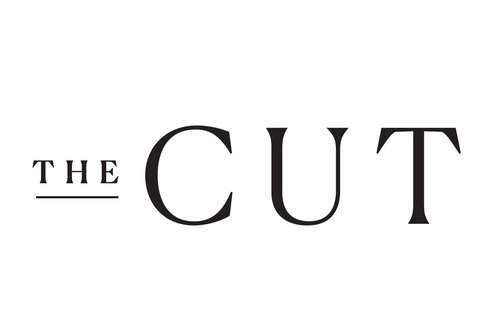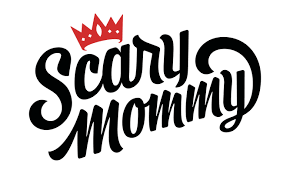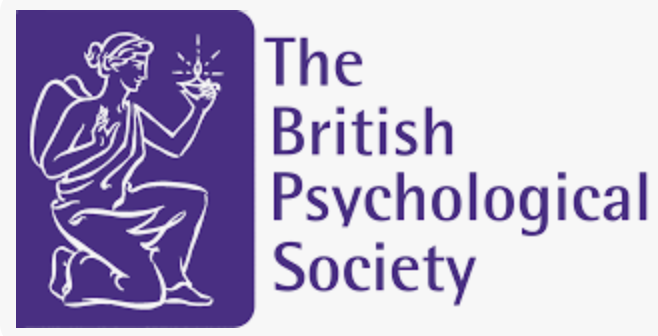Our laboratory follows trends in research and creates trends like Matrescence
A Lab is Born
Matrescence, like adolescence, deserves its own field. In 2012, my Maternal Psychology laboratory started with no funding and a dedicated group of graduate students with a core idea: study mothers as subjects of interest in their own right and provide evidence that they are understudied! Our goal was to uncover the biases in maternal mental health, and to coalesce the scattered research across disciplines. We indeed found an overemphasis on perinatal psychopathology, few examples of normative adjustment, and the need for a unifying theory akin to adolescence. The lab's commitment to both a mother's resilience and risk continues today and has expanded to become the Khora: Reproductive & Maternal Psychology lab to include the full spectrum of reproductive journeys!
Become certified in Matrescence at Teachers College, Columbia University.
Certification
Teachers College, Columbia University in New York City offers the first State approved certificate program - a world-renowned training ground for those interested in learning the next wave of theories and practices to improve the lives of parents and mothers. Since 2015, the specialization track of Reproductive & Maternal Well-being prepares researchers, educators, practitioners and activists through online and in-person coursework in Perinatal Mental Health, Women & Mental Health, Helping Professionals Working with LGBT Families and my seminal course Matrescence: Developmental & Clinical Implications.
Press
Aurelie Athan, Ph.D.
The term “matrescence,” coined by anthropologist Dana Raphael in the mid-’70s and brought into common use in psychology by clinical psychologist Aurelie Athan, head of the maternal psychology lab at Columbia University, describes a woman’s transition into parenthood. The term deliberately evokes the passage into adulthood — adolescence — though the two aren’t exactly on equal footing in our collective consciousness.
- ERIN ZIMMERMAN, THE CUT (2018)
Perhaps reviving the conceptual term matrescence, coined by and borrowed from anthropologist Dana Raphael (1975), would be most apt within the landscape of maternity. Much like adolescence, it is an experience of dis-orientation and re-orientation marked by an acceleration of changes in multiple domains: physical, psychological, social, and spiritual. We are indeed indebted to the early ‘maternal developmentalists’ who aptly characterized motherhood in its multi-dimension and dynamism, both the oppressive and the liberating—the dichotomous phenomena that are often the hallmark of any major life transition. Their perspectives equalized and served to normalize, rather than pathologize, the 'mixed-feelings’ of women.
- AURÉLIE ATHAN, FEMINISM & PSYCHOLOGY (2015)
Athan & Reel argue that there is little interest or up-take of research in the psychology of mothers or maternal development per se. They call for a study of ‘matrescence’, to explore women’s lived experience of becoming and being mothers, to challenge the pathologisation of women’s ‘mixed feelings’ about mothering, and to normalise more complex and varied experiences of motherhood than just fulfilment or illness narratives enable.
- JANE CALAGHAN, FEMINISM & PSYCHOLOGY (2015)
Athan has helped put matrescence — a term coined by the late medical anthropologist Dana Raphael — front and center in the larger discourse. She helped create TC’s new curriculum in Reproductive & Maternal Well-being (including) her own “Mother Matrix: Developmental and Clinical Implications...
- EARLY RISERS, TC TODAY ALUMNI MAGAZINE (2016)
Mothers’ experiences are largely invisible because we haven’t asked, “What is this like for you?” Generally, in psychology, the best practice is to understand what’s normative and what the challenges, expectations and setbacks are for a given subject. Then we try and understand the risk factors for when things go off course. We can’t begin to understand why things go wrong for some mothers if we don’t understand the whole passage. We also only focus on motherhood within a very limited time frame from conception to childbearing and then, that’s about it.
- EVERY MOTHER COUNTS, INTERVIEW (2016)
We must give a nod to Dr. Raphael. She coined the term “matrescence” and by doing so gave us the word to imagine a new, unexplored territory. Motherhood, like adolescence, is a stage of human physical, psychological, social, and spiritual development. Unfortunately, women’s experiences of this transition remain one of most under-developed areas of scholarship and training. Each year I revive “matrescence” in my classroom to awaken students and enlarge their scope of understanding from a simple focus on the child. Mothers may form the cornerstone of our most precious theories, yet the process of becoming a mother has not been examined sufficiently despite the fact that we all, every living being, are brought forth by one. There also remains a stronghold of maternal psychopathology and crisis as the core area of interest, with fewer formulations mapping out both the costs and benefits of the psychological work that is undergone. Understanding the birth of a mother can hopefully allow a more holistic view of this adaptation and with it new fields of study can be born. The creation of more research laboratories and coursework such as my own on Maternal Psychology and Reproductive Mental Health and Wellbeing, while at their infancy, can help the next generation of scholars and practitioners to get started.
- NEW YORK TIMES, COMMENTS (2017)
Last fall, Hansen took The Mother Matrix, taught by Aurelie Athan, director of TC’s Maternal Psychology Laboratory. Athan is a leader in the fledgling field of “matrescence,” which views the transition to motherhood as a developmental phase like adolescence and other periods of major physical change. Her course is part of a broader initiative, The Sexuality, Women, & Gender Project (SWG)... Hansen says about Athan's class, “We read articles, mostly from the nursing field. We interviewed mothers. It was exciting, because growing up you see a lot of images that don’t reflect what it feels like to be female. TC is creating a counter-narrative.




































